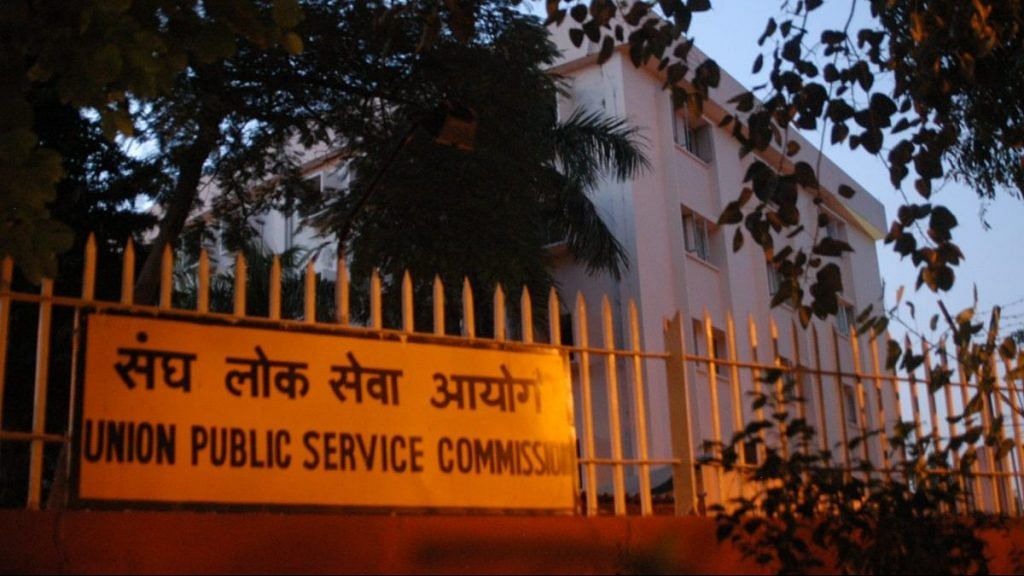A new research paper suggests letting Indian Administrative Service officials work in their home states may be opening the door for greater corruption.
New Delhi: Indian bureaucrats who work in their home state perform worse than those who aren’t, and are deemed more corrupt and less able to stand up to political pressure, suggests a new research paper.
“The main finding is that home state allocated officers perform worse than comparable officers who are allocated to non-home states,” the paper says.
Officers allocated to their home state are deemed to be more corrupt and less able to withstand illegitimate political pressure, it says. “This effect is primarily driven by the more corrupt and less developed home states,” the paper says.
The paper titled ‘Social Proximity and Bureaucrat Performance: Evidence from India’ has been written by Guo Xu, Marianne Bertrand and Robin Burgess, who are scholars from the University of California, Berkeley, University of Chicago Booth School of Business, and the London School of Economics.
The authors, in the preliminary draft of the paper, measured the performance of IAS officials using a subjective poll involving IAS officers, state civil servants, politicians (MLA) to representatives of media, business and NGOs. They then linked the survey data with administrative data on IAS officers.
What the paper says
IAS officers in their home states find it easier to communicate and it may even boost their performance. But there’s a flip side.
“On the other hand, local officers may be more susceptible to capture by the political elite; also, their deeper personal networks in the community they serve may provide more opportunities for bribe taking as well as a more efficient technology for bribe extraction,” the paper says.
The paper says that consistent with the evidence from subjective ratings, IAS officers working in their home states are also less likely to work in other states, and are subject to more political interference. This was measured on the basis of shorter job postings and more transfers.
“The negative home state effect is largest in Karnataka, Bihar, and Gujarat. Karnataka and Bihar are consistently ranked among the most corrupt regions of India. In contrast, this negative effect is close to zero or even reverted in Punjab, West Bengal and Andhra Pradesh,” the paper says.
The paper also examines what IAS officers in their home states do once they’re out of public service.
“Finally, by matching IAS officers to company registries, we find that home state officers are more likely to serve in both public and private boards. These firms are also more likely to be based in the same state, thus reflecting the officer’s greater access to local networks,” the paper says.
As of February 2018, 17 per cent of the IAS officers in the scholars’ research sample are serving as directors on the board of companies.
“Nearly all of these companies are unlisted (99 per cent) and companies limited by shares (98 per cent). 65 per cent of the companies are public or state-owned firms, with the remainder covering private sector firms,” the paper says.
The home advantage for bureaucrats
The paper concludes that it is an ‘open question’ whether giving IAS officials postings in their home states helps. It might enhance their commitment and might result in them putting greater effort and to be more effective in the execution of their duties.
“And importantly this gain in performance could be achieved without paying the officer more,” the paper says.
On the other hand, IAS officers in their home states have better opportunities to be corrupt because “they are more trusted and better connected or because (for similar reasons) they are more likely to be captured by politicians and other members of the local elite.”
“Home to home allocations might lead officers to put more effort into enriching themselves or others rather than in serving the local citizenry. In this case gains in performance can be obtained by allocating public servants away from the areas they originated from without changing the pay of officers,” the paper says.
